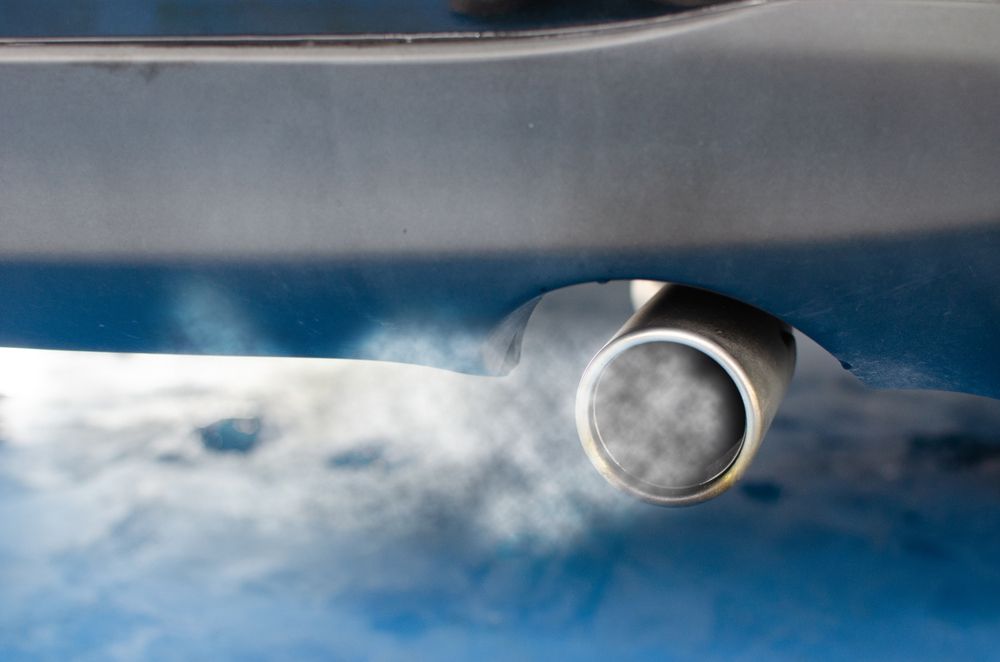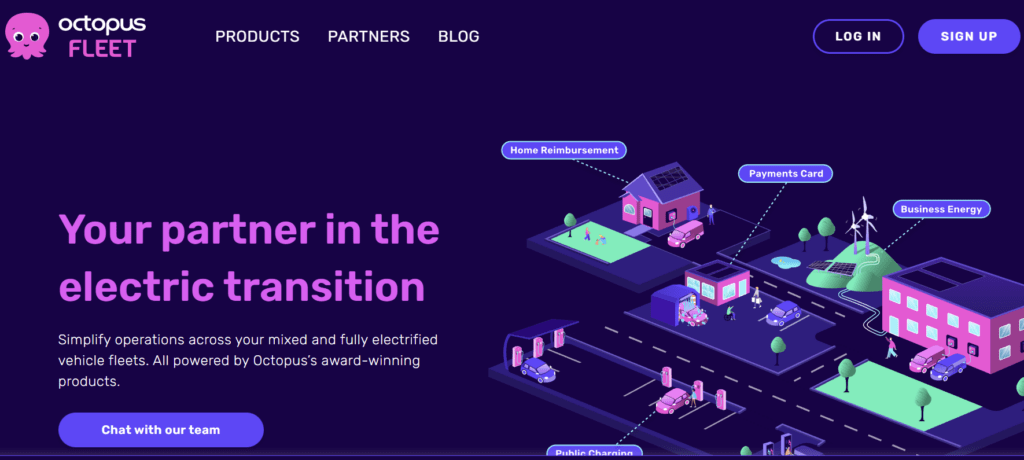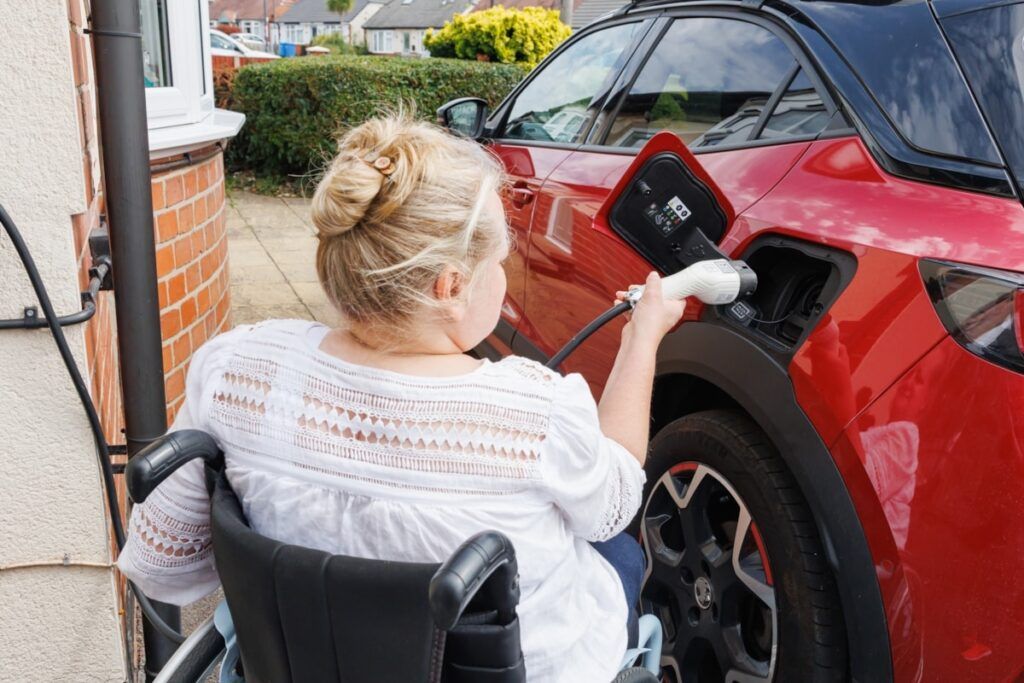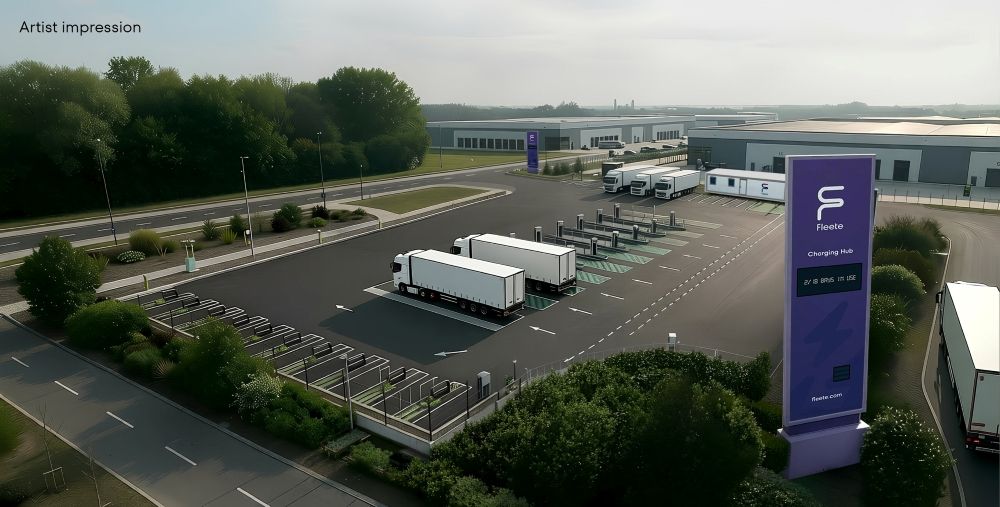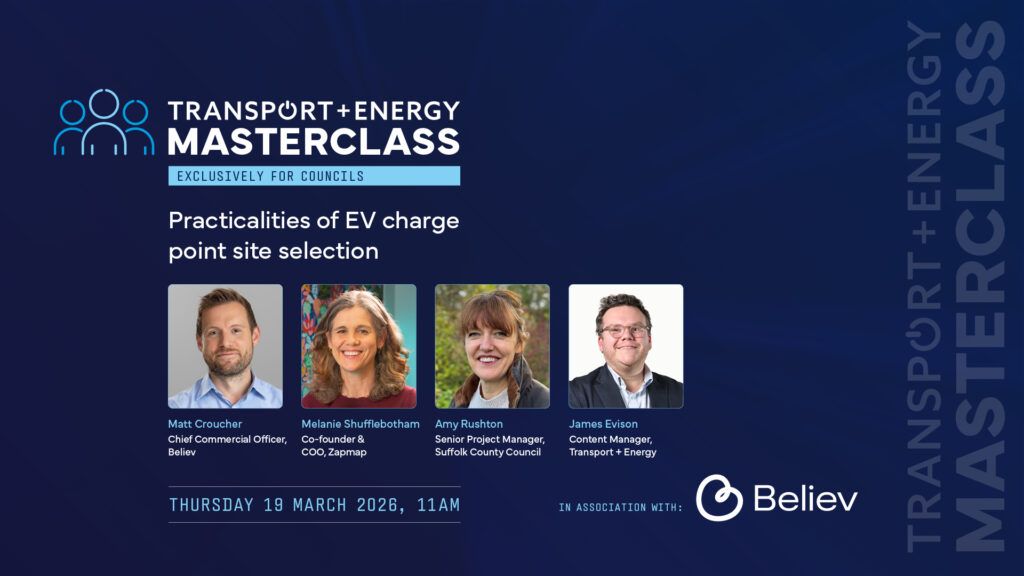The Government looks set to reinstate the 2030 date for the end of the sale of new petrol and diesel cars, according to national media reports.
Last September former Prime Minister Rishi Sunak ditched the 2030 ban on the sale of new petrol and diesel vehicles, rolling it back until 2035.
This is Money and Mail Online Motoring is reporting that the ban will be reinstated to 2030.
A Department for Transport spokesperson told the publication: “We’re committed to delivering greener transport by supporting the transition to electric vehicles. This includes phasing out the sale of new petrol and diesel cars by 2030 and accelerating the rollout of charge points. We will set out more details in due course.”
At a meeting of RECHARGE UK earlier this year, Bill Esterson (Shadow Roads Minister at the time) said the reintroduction of the 2030 deadline would give confidence to investors and help encourage consumers to make the switch to electric.
Speaking at the time, he said: ‘’The big change that has undermined the transition was Rishi Sunak saying we’re going to delay the introduction of new electric vehicles. It gave the message to consumers that you don’t need to bother about it. Allied to all the misinformation that is out there now it has really undermined the whole movement. We’re committed to 2030 because we’ve got to give certainty to investors.”
Motoring organisations and industry groups have given a mixed reaction to the national media reports.
RECHARGE UK is the EV arm of the REA (Association for Renewable Energy and Clean Technology). Matthew Adams, Transport Policy Manager at the REA, said: “It’s imperative Labour reverse the ZEV mandate to the strongest possible option we had previously, ending the sale of internal combustion engines in 2030. This was their one clear EV policy in the manifesto, and will be used to measure their commitment to the EV sector going forward. The REA welcomes the news that the Government will reportedly stick to their reversal, which will trigger greater investor confidence in the whole of the EV sector, boosting output.”
Edmund King, AA president, told Transport + Energy:
“The AA supported the original zero emissions new car sales deadline of 2030 as ‘challenging but ambitious’. Reintroducing the 2030 deadline would enable us to maintain momentum on the net zero transition. But drivers and fleets would need to be supported with the right incentives and reassured that we have made significant progress on infrastructure, to make the shift possible.”
But Quentin Willson, Founder of FairCharge, believes reinstating the 2030 deadline could do more harm than good.
He said: “The date is purely totemic – a relic of Boris’s EV evangelism from a different time. It’s also meaningless given that the ZEV Mandate is already in place with 80% EV production mandated by 2030. And quite a few OEMs have declared that they will be full-electric before 2030 anyway. Many of the green groups I’ve spoken to agree that reinstating 2030 would do more harm than good. I think it would be a mistake.”
Vicky Read, CEO of ChargeUK, commented:
“With a public charger being installed every 25 minutes and the rollout of infrastructure continuing to increase ahead of demand, the charging industry is currently on track to deliver what drivers need to switch to an EV.
“However, to help deliver the infrastructure needed for a cleaner transport future in either date scenario, the industry needs a supportive environment to keep going at this pace – certainty from the government about 2030, but also about the ZEV mandate, which remains a critical enabler of charge point investment, positivity about the transition in messaging to consumers, and barriers to deployment and investment removed.”
Image courtesy of Shutterstock.




